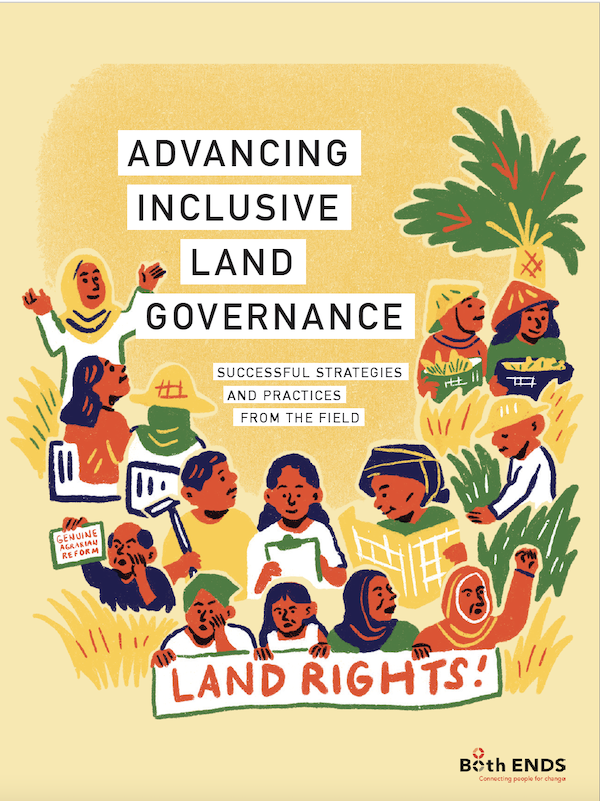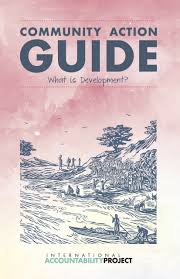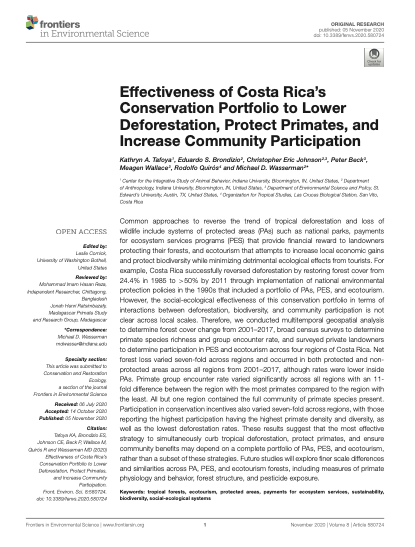Guidebook on the Development of Climate-Smart Maps and Adaptation Plans (CS-MAP) for Rice Production in Viet Nam
This guidebook explains how to develop and implement the Climate-Smart Map and Adaptation Plan (CS-MAP). Using participatory tools, CS-MAP serves as a guide for local communities to develop their own risk maps and adaptive plans, which cater to their respective local contexts.
The five key steps to develop the CS-MAP are: (1) define climate-related risks; (2) define the border of risk extents; (3) recommend adaptation plans; (4) modify climate-smart maps and adaptation plans; and (5) integrate outcomes at the sub-regional and regional levels.







